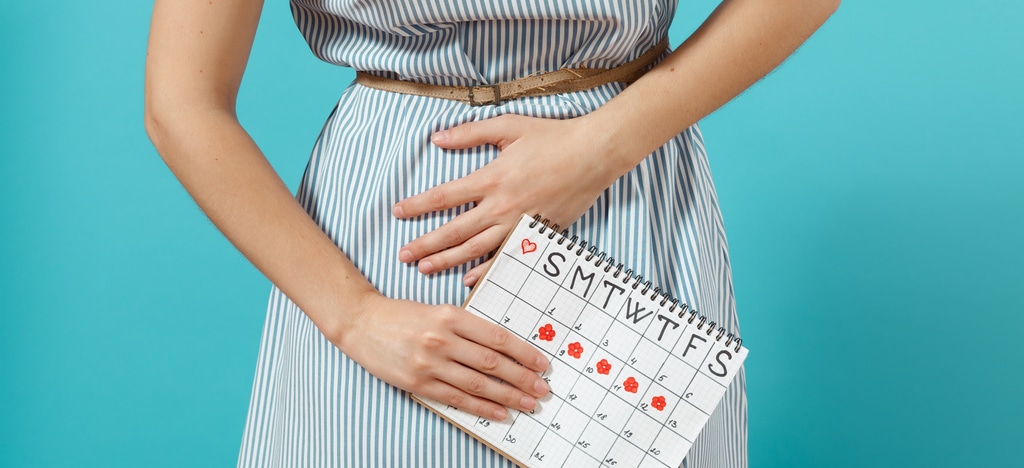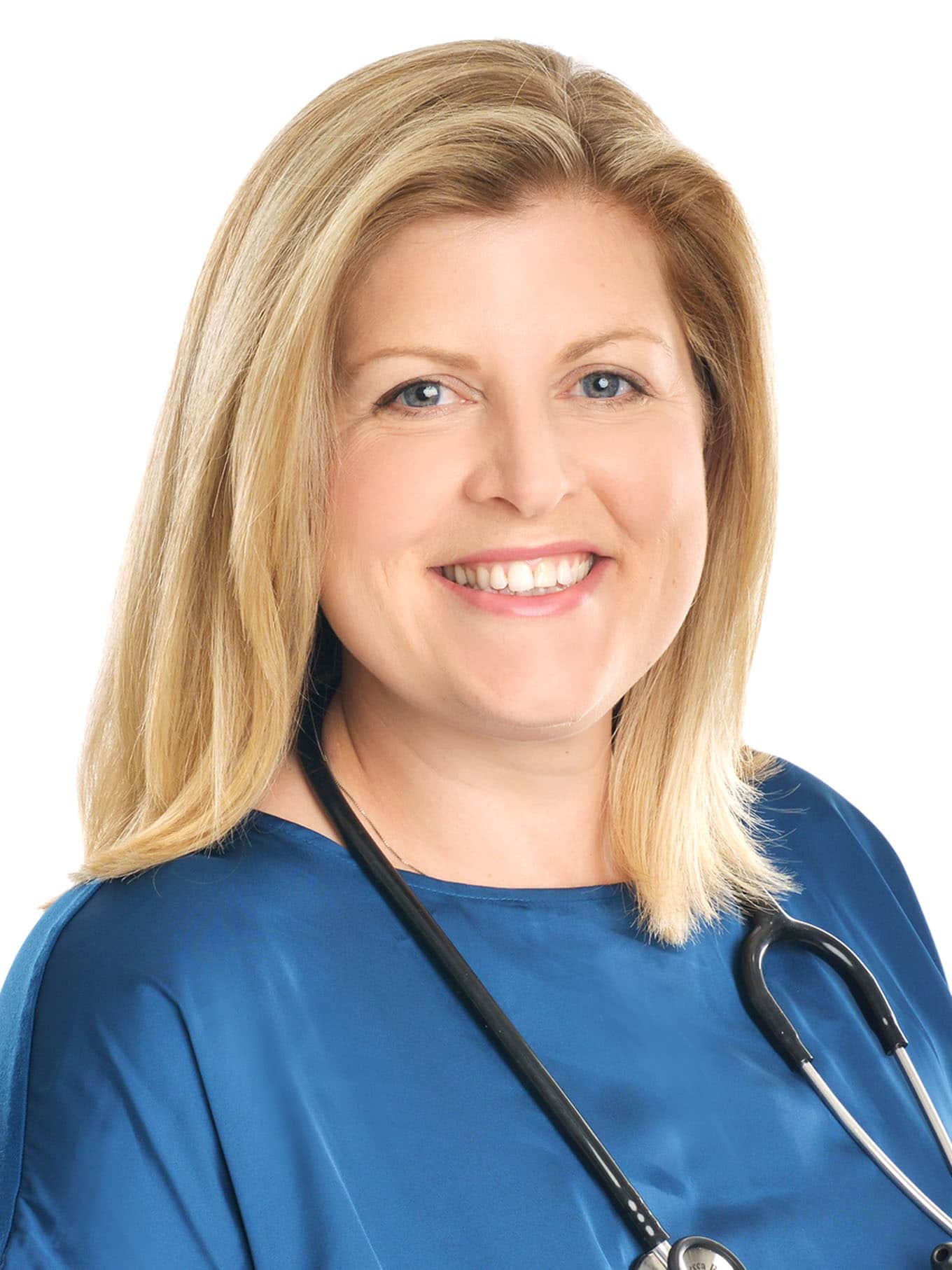 Menorrhagia or heavy periods can have a significant impact on a woman’s lifestyle. Dr Rebecca explains all about this condition, including treatment options.
Menorrhagia or heavy periods can have a significant impact on a woman’s lifestyle. Dr Rebecca explains all about this condition, including treatment options.
What is menorrhagia?
Menorrhagia is the medical term for heavy or prolonged periods and is a common reason for women seeing their GP, with 1 in 3 women affected during their lifetime.
How do I know if I have heavy periods?
I commonly get asked what constitutes a heavy period as it can be difficult for patients to quantify. A period is considered heavy if it causes one or more of the following:
- Frequent changes of sanitary towels every 2 hours or more
- Flooding into clothes or the bedsheets
- Needing double sanitary protection with tampons and towels
- Passing large clots
- Periods lasting more than 7 days
- Affecting normal activity, such as school, work or sports.
Keeping a diary can be helpful and there are multiple apps that track your periods.
What causes Menorrhagia?
In more than half of women there is no obvious cause and this is called dysfunctional uterine bleeding. In such cases, there is no abnormality of the womb, ovaries or hormones. Ovulation occurs as expected and the periods are regular. It can be common in the first few years after starting periods, although this generally settles down in time. Other causes include:
- Fibroids- non cancerous growths in the muscle of the womb
- Endometriosis
- Infection of the womb
- Polyps of the womb or cervix- small fleshy, benign lumps
- Rarely, endometrial cancer
- Hormonal imbalance such as polycystic ovaries or thyroid issues
- Some medication can make periods heavier such as chemotherapy, the copper coil and warfarin.
- Rare blood clotting disorders
Another common occurrence is experiencing heavier periods after taking the combined contraceptive pill for a prolonged period. However, in most cases the woman has become accustomed the very light withdrawal bleed on the pill and the normal periods off the pill are therefore perceived to be heavy.
Any bleeding after intercourse, between periods or irregular periods may indicate a serious underlying cause and medical advice should be sought.
How can it impact on my life?
Heavy periods are not dangerous but they can be a nuisance, particularly when living an active outdoor lifestyle in Singapore. Many of my patients describe having to source super tampons and pads, wear back up period pants, set a middle of the night alarm to change their moon cup or cancel certain activities during their period.
The common consequence of heavy periods is becoming anaemic, which can creep up over time if unchecked. Low iron levels can lead to headaches, fatigue, hair loss and breathlessness.
Do I need any tests?
Your GP may order blood tests, such as checking for anaemia, thyroid problems, clotting disorders if suspected and in some cases hormonal blood tests.
Most women benefit from a pelvic ultrasound scan to check the lining of the womb and look for underlying causes such as fibroids or endometriosis.
If your GP suspects a serious underlying cause for your bleeding, you may need to be referred to a gynaecologist for a biopsy of the lining of the womb or a hysteroscopy (a thin telescope is passed throughout the vagina and cervix into the womb to visualise the lining and take biopsies if indicated).
What are the treatment options?
Your GP will discuss several treatment options with you, depending on your type and duration of bleeding, if any underlying cause or condition is identified, your age and your desire for future pregnancies. Treatment can be medical or surgical.
No treatment
Once a serious condition has been excluded, you may decide that you prefer to avoid treatment, particularly if your symptoms are not significantly impacting on your quality of life.
Medical management
Non hormonal management:
A commonly prescribed drug is called tranexamic acid which is a tablet taken three times a day during the first few days of the period. It can reduce the amount of blood lost, but not the duration of bleeding.
Another tablet used during the period is an anti-inflammatory medicine called mefenamic acid. This can be particularly beneficial if the periods are painful.
Hormonal Management:
“The Pill”
A combined oestrogen and progestogen pill, taken daily for three weeks followed by a week off during which a withdrawal period occurs. This is an effective treatment which can also improve period pains, plus provide reliable contraception if required. The disadvantages include a slightly higher risk of thrombosis (blood clots in the leg or lung) and breast cancer. It can cause hormonal side effects such as breast tenderness, nausea, mood changes and acne.
The mini pill
This contains only one hormone, progestogen, and therefore is generally safer for women with risk factors for clots or breast cancer. It is taken daily without a break, so it may stop the periods altogether and gives reliable contraception if needed. However, it is not uncommon to experience irregular bleeding in the first few months or hormonal effects such weight gain and mood changes.
Other long-term progestogen only contraception that can be tried includes the depo injection (once every 12 weeks) and the contraceptive implant, which is placed in the arm and lasts 3 years.
The mirena coil
A contraceptive coil with progestogen hormone is placed in the womb and can be fitted by your GP. The amount of hormone released each day is very small, yet this works directly on womb to thin the lining. It is an extremely effective method of treating heavy periods. Studies show bleeding is reduced by 80% at 6 months and 90% at 1 year, with periods stopping altogether for most women.
It is particularly beneficial for women who need long term contraception as it lasts 5 years. It also has lower hormonal side effects than other methods.
Surgical Methods
For women who find these methods unacceptable, who can not tolerate hormones or perhaps have tried but failed the above, a referral to a gynaecologist may be required. Surgical options such as endometrial ablation or the last resort of a hysterectomy can be discussed for women who are not planning any future pregnancies.




































